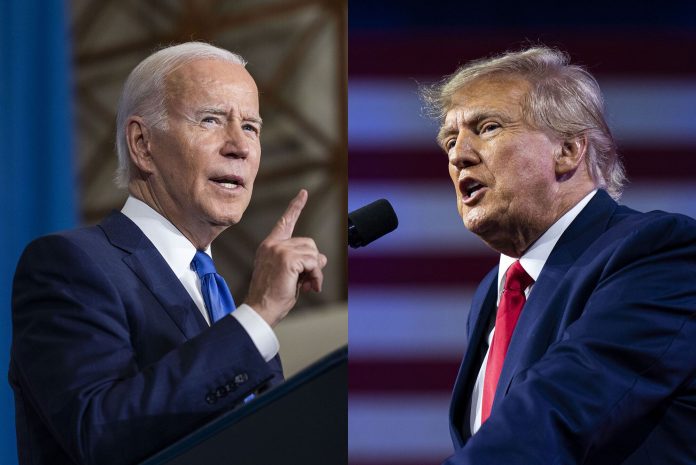The discourse around electric vehicles (EVs) is heating up on the political front, reporting by Reuters reveals.
As the 2024 presidential race intensifies, EVs have become a contentious topic. Republican contenders, including former President Donald Trump and Florida Governor Ron DeSantis, have criticized EVs as detrimental to American jobs and beneficial to China’s economy.
Yet, these vehicles are increasingly seen as a vital source of tax revenue and employment, especially in pivotal states for the upcoming election.
President Joe Biden and Democratic candidates are looking to capitalize on this shift. Since the 2022 Inflation Reduction Act, approximately $128 billion has been invested in domestic EV and battery manufacturing, with significant portions going to crucial swing states like Georgia, Arizona, Nevada, and Michigan.
These investments, totaling over $165 billion since 2015, are boosting the economy and shaping the political landscape.
Despite high interest rates dampening EV demand and some manufacturers scaling back, domestic EV sales are still robust, exceeding 300,000 units in the third quarter alone.
The Biden administration’s push for clean energy, including tax credits for North American-assembled EVs, aligns with its climate change strategy. Interestingly, many of these investments have landed in politically crucial states due to cheap land and local incentives.
As the industry evolves, the local impact of EV manufacturing is becoming hard to ignore, even among Republicans traditionally skeptical of the technology. This dynamic scenario presents an intriguing backdrop as we head toward the 2024 elections, blending automotive innovation with political strategy.



